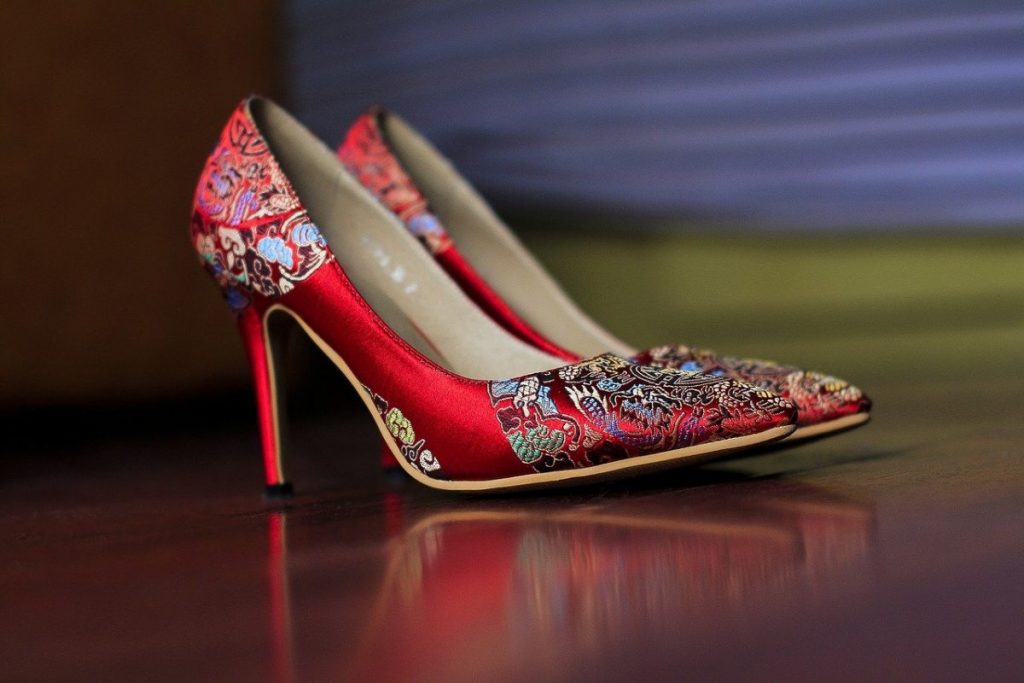Want to read in Dutch? Click here
Do you remember Yumi Ishikawa? The lady that made headlines worldwide in 2019 with her fight against the mandatory high heels policy in Japan. Using the hashtag #KuToo, she shared stories of women being forced to wear heels at work. With this, she raised a painful topic, namely the consequences of gender inequality in her country. But what happened to her fight against inequality? I dived in.

Small wins
When Ishikawa started the petition in 2019, she received mixed reactions. She received praise from the west for standing up for women’s rights, something she hadn’t expected since there is not much importance placed on this issue in Japan.
“I’ve come to realize that many Japanese do not realize that this is a form of gender discrimination. Women need to understand that they have choices. We need to create a society where women can take control of their future,” the activist said in an interview with BCC Jacumen.
As logical as her statement sounds, she received little support from Japanese politics. The Minister of Health, Work, and Welfare, Takumi Nemoto, even called it necessary to wear heels at work. A statement that provoked a great deal of indignation internationally. In the end, the government drew up a memorandum stating that making heels compulsory in the workplace is not allowed. But unfortunately, there are no legal consequences for the companies that do not comply with this.
Still, Ishikawa is making waves with her petition. Two Japanese airlines have ditched their high heel policy.
Books and shoes
She is not stopping there. Ishikawa is releasing a book called #KuToo: Real Feminism from Shoes. In the book, she talks about what she has been through and how much resistance she has experienced. She received no thanks for her openness. A wave of criticism followed, and people cruelly bullied her on Twitter, eventually causing her to have panic attacks, for which she has sought help.
全5回でお送りいたします。今回の裁判で何が起きていたのか、です。
— 石川優実#フェミサイドを許さない🇯🇵🌈🥺👞👠 (@ishikawa_yumi) May 29, 2021
第1回 ネットリテラシーの罠 #KuToo裁判 では何が起きていたのか | Yumi Ishikawa officialsite #KuToo https://t.co/OJbzAOOpSi
She is also dealing with lawsuits. Lawsuits filed by people she names in her book. She is being branded a liar, and they are demanding their names be removed. So far, without success, Ishikawa’s lyrics are viewed as freedom of speech.
In the meantime, the activist teamed up with a shoe manufacturer and has released a shoe line for women. The models are like the neat, flat shoes that men wear. But for ladies. Unfortunately, the line is not hugely successful, partly because few shops want to stock it.
Battle against Japan’s high heels policy is not over
It should be clear that life has not gotten easier for Ishikawa. Yet, she does not give up. She continues to share her thoughts with her followers via Twitter. She reports on the lawsuits, which continue to this day, on her blog. That’s a good thing. We need people like Ishikawa . There is no change without struggle. And no equal rights.
Greetings,
Aileen
